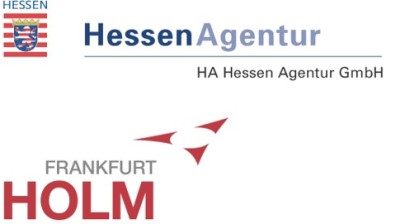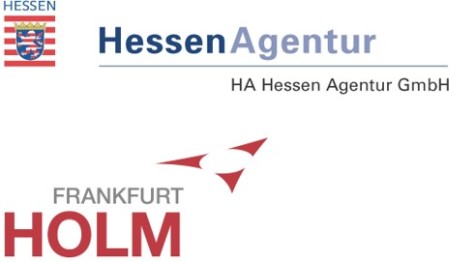Combined Transport (CT), in particular combined road/rail freight transport, is considered to be the fastest-growing and most innovative sector in rail freight transport. According to the rolling long-term traffic forecast by the German Federal Ministry for Digital and Economic Affairs and Transport (BMDV), rail freight transport is set to grow by 76 % by 2051. The main haulage in CT is currently primarily handled by shuttle trains operated by individual CT operators, which run with fixed wagon sets between two terminals – without intermediate stops for the transshipment of goods. Orders that cannot be served with own trains due to a lack of capacity or profitability often have to be rejected. As a result, there is often no suitable service for peripheral regions and the existing trains are not optimally utilized.
Increased cooperation between CT operators offers the opportunity to address these challenges. If several participating companies such as shippers, freight forwarders, CT operators, rail transport companies (RUs) and terminal operators work together, they can use their transport resources more efficiently. By sharing capacities, empty runs can be reduced, fixed costs can be spread over more goods and unit costs can be reduced. In addition, the aforementioned advantages make it possible to develop further services and offer a larger network with more connections.
The aim of the project is to investigate the general feasibility and potential of cargo cooperation between several CT operators. Existing hurdles will be identified and requirements and framework conditions for successful cooperation will be developed. A central aspect is the examination of a cooperation model with a centrally located transshipment station, for example in northern Hesse. At this transshipment point, operators could exchange goods and load them between their trains. The aim is to analyze and weigh up the operational and economic advantages and disadvantages of such a model – including the additional logistical complexity.
Essential components, such as cooperation behavior, coordination of operational processes and timetable coordination, can be evaluated or weighted differently by the actors involved in CT. An interview study with stakeholders is therefore an essential part of the project in order to incorporate the expertise and experience from all perspectives of CT into the study. At a later stage of the project, focus group interviews will be conducted with several stakeholders in order to reflect on and validate the results obtained. The project aims to gain a comprehensive understanding of the operational and commercial requirements as well as the opportunities and limitations of a cooperation model.
Key Data:
Short Title: KV-Hub Hessen
Project Duration: May 2025 to May 2026
Funding: The project (HA project no.: 1893/25-02) was funded by the state of Hesse and HOLM funding as part of the “Innovations in logistics and mobility” measure of the Hessian Ministry of Economics, Energy, Transport and Housing.
Project lead: Max Preisinger




